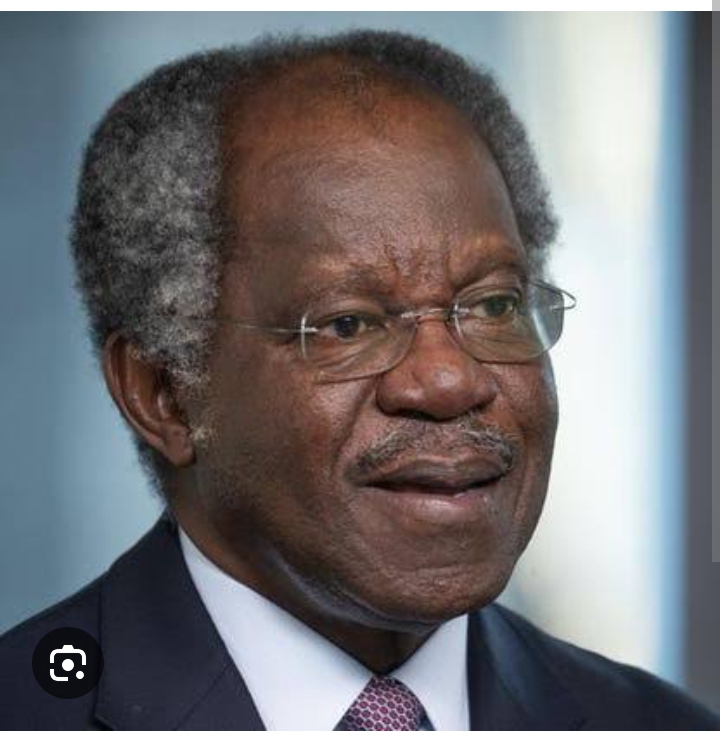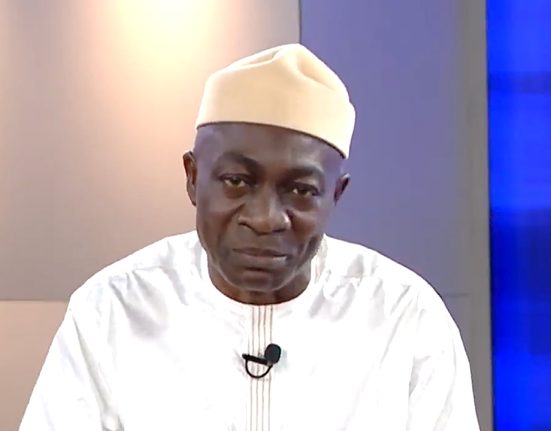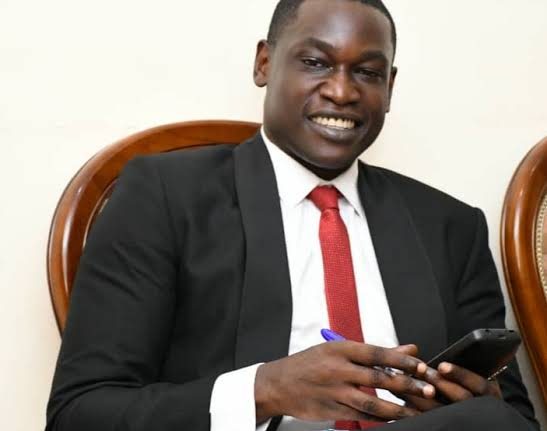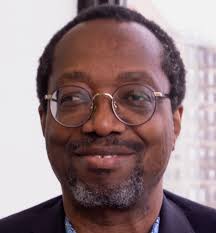In Nigeria today, our democratic institutions face unprecedented challenges that demand urgent attention from citizens and stakeholders alike. The foundation of our governance structure appears increasingly fragile as various forces threaten the electoral process that defines our nation’s future.
Investigations by KIIN360 reveal disturbing patterns emerging across political landscapes, with evidence suggesting systematic attempts to undermine voter confidence through misinformation campaigns. These tactics, deployed across multiple platforms, create confusion among the electorate and potentially distort electoral outcomes.
Political analysts have expressed concern over the rising incidence of electoral malpractices, including vote buying and intimidation tactics in recent polls.
Professor Adebayo Ogunlesi of the Centre for Democratic Studies noted in an exclusive interview, “What we’re witnessing is not merely isolated incidents but rather coordinated efforts to subvert the will of the people.”
The Electoral Commission faces mounting pressure to strengthen its independence amid allegations of external influence. Sources within the Commission, speaking on condition of anonymity, confirmed instances where officials encountered resistance while attempting to implement transparency measures during recent by-elections.
Civil society organizations continue to sound alarm bells regarding these developments. The Coalition for Electoral Justice recently documented over three hundred cases of electoral irregularities across six states during the last electoral cycle. Their comprehensive report highlighted systematic disenfranchisement of voters in certain districts through bureaucratic obstacles and deliberate administrative delays.
International observers have also noted these concerning trends. A diplomatic source from a Western embassy remarked, “The integrity of democratic processes represents a crucial indicator of Nigeria’s institutional strength. Recent developments suggest troubling regression in areas where progress had previously been made.”
Legal experts warn that these challenges to our electoral system could have far-reaching consequences beyond immediate political outcomes. Barrister Folashade Adeyemi, constitutional law specialist, cautioned, “When citizens lose faith in electoral processes, the very legitimacy of governance is called into question.
This creates dangerous conditions where extra-constitutional solutions begin to seem appealing.”
The situation demands immediate attention from all stakeholders committed to preserving Nigeria’s democratic journey. Religious leaders, traditional rulers, and community organizations must unite in defense of electoral integrity, recognizing that true democracy remains our most valuable national asset.
As the nation approaches future electoral cycles, the choices made today will determine whether Nigeria strengthens its democratic institutions or surrenders to forces that would transform our democracy into what critics increasingly describe as “democrazy” a hollow imitation of governance by the people.





Leave feedback about this